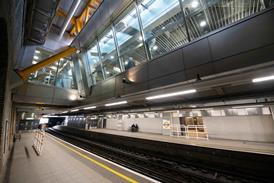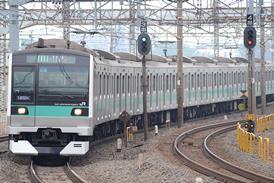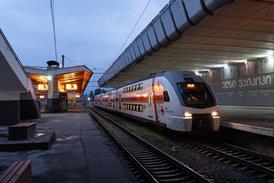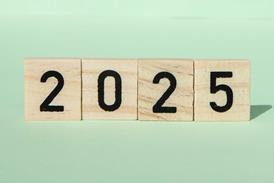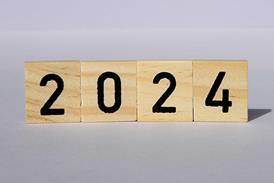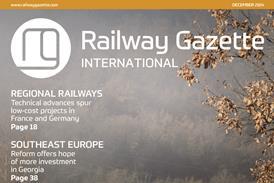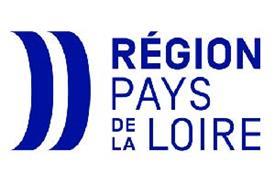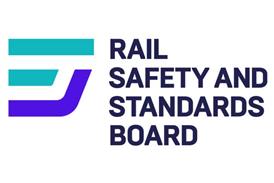EUROPE: Deutsche Bahn has signed an agreement to acquire Austrian open access operator Westbahn’s fleet of 17 Stadler Kiss double-deck electric multiple-units.
Announcing the deal on July 22, the German national railway said Westbahn’s four-car and six-car units had ‘achieved the highest levels of customer satisfaction’; some of the vehicles are only two years old.
‘We want to strengthen rail in Germany and double passenger numbers in long-distance transport’, said DB board member for passenger services Berthold Huber. ‘Continuous fleet expansion is an essential prerequisite for this. With the purchase of trains from Westbahn, we are expanding capacity by almost 7 000 seats, and at very short notice. The trains are in excellent condition and mean comfort and reliability for our customers.’
An initial tranche of 200 km/h EMUs will be handed over to DB from December. They will receive DB’s inter-city livery before being deployed on a new Dresden – Berlin – Oranienburg – Rostock Intercity 2 service where they will operate every 2 h in each direction from spring 2020. The remainder are due to follow once Westbahn receives its replacement fleet.
Stop-loss strategy
Westbahn said it had been struggling against discrimination in the Austrian rail market, with policy decisions, delays, cost increases and ‘endless procedures’ hindering its development.
It said the eight years since it launched its Wien – Salzburg service in December 2011 had brought high losses, with a constant need for fresh capital. While its shareholders had provided the necessary funding, they ultimately demanded a ‘stop-loss strategy’ as it was not possible to wait indefinitely for the market liberalisation it sought.
Westbahn decided to sell its fleet because other operators were seeking modern high-capacity vehicles, and being a private operator it could order new trains quickly and without a cumbersome procurement regime.
It is now to award Stadler a contract to supply 15 six-car Kiss 3 double-deck EMUs under a ‘significantly improved’ financing model with an optimised approach to maintenance.
To free up the first sets for transfer, Westbahn will only operate an hourly service to and from Wien West from December 31 2019, dropping its services to Wien Hbf.
‘I rely on the fact that Austrian Federal Railways’ unrestrained grip on the coffers no longer has the approval of voters’, said Westbahn’s main shareholder Hans Peter Haselsteiner. He hoped that the changes would mean the operator ‘can and will increasingly provide efficient and cost effective transport services’.

